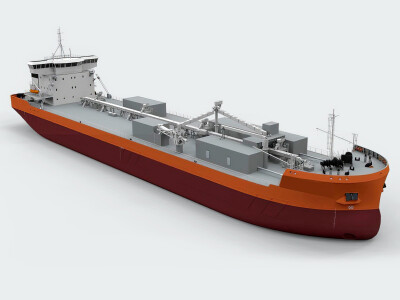This month’s main course features a Texas decision highlighting an interesting Jones Act wrinkle with a side of maritime lawyer troubles.
This Jones Act decision involves a fact pattern familiar to any of us who’ve done some laboring. The plaintiff was working aboard a dredge and just finished cutting an anchor chain with a hot torch. He stood up, torch in hand, and walked near two crew that were attempting to reattach the cutterhead. The plaintiff testified that the dredge captain yelled at him to help lift a heavy socket-wrench assembly, then he tucked the torch under his arm and lent his muscle to the endeavor. Later, the plaintiff reported that his arm was hurt and he ultimately sued. The curious wrinkle is the “specific order” exception to a claimant’s own negligence under the maritime law. Generally speaking, when a crewmember is carrying out a “specific order” (and what it is gets sort of technical) and is injured, his or her damages may not be reduced by a finding of his or her own negligence as might otherwise be the case. So here, when the jury awarded the plaintiff $420,000, the court couldn’t reduce the damages by the 50% of fault the jury assessed against plaintiff. The plaintiff got the whole bundle. Some main course, huh?
Before trial, the attorneys and the judge typically get together to discuss various procedural issues including what charges (or instructions) the court will read to the jury. Here, the court apparently told the attorneys it was not going to mess with this any further. The next day before the trial began, the defense asked the court to consider a proposed definition of a “specific order.” The court refused the instruction “mainly because it’s not timely.”
Fourteen pages later the appeals court upheld the trial court’s decision on that point with lots of noise about the court’s discretion and inherent powers and some reference to the trial court having “admonished” the attorneys — a word meaning to reprimand that I don’t like and which courts use a little too liberally.
At any rate, procedural circumstances like these are stressful situations and court-made deadlines risk outcomes driven by procedure over substance.




